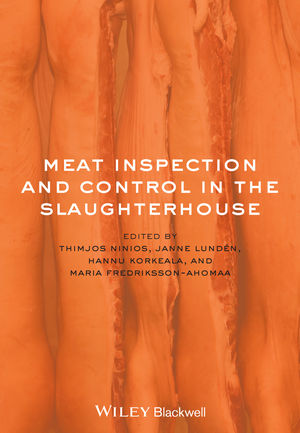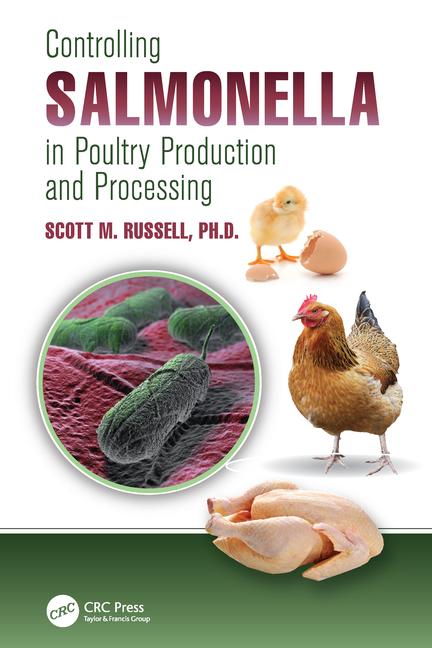The EATS Act is introduced in Congress
The Ending Agricultural Trade Suppression Act would prohibits state and local governments from imposing conditions on the preharvest raising of animals in another state.

Opening image credit: GettyImages / dusanpetkovic / iStock / Getty Images Plus
Following the Supreme Court upholding California’s Proposition 12, which sought to limit how livestock intended for food to be sold in California could be raised, Congress introduced new legislation to limit the ability of states to regulate food products nationwide.
California’s Proposition 12, along with other state initiatives, set minimum requirements for the raising of animals used for meat sold in California, regardless of the state in which the animal was raised. The constitutionality of Proposition 12 was challenged on the basis that California should not be allowed to govern conduct occurring in other states and, after review, the Supreme Court upheld the Proposition 12 as constitutional. The Supreme Court stated, in the decision, that “Companies that choose to sell products in various states must normally comply with the laws of those various states.”
Now, in a broad effort to limit a state’s ability to regulate foods in interstate commerce, the Ending Agricultural Trade Suppression Act (EATS Act) has been introduced in both chambers of Congress. The Act prohibits states and local governments from imposing any conditions on the preharvest raising of animals in another state. Though the sponsors of the Act stated the Act is in response to California’s Proposition 12, the Act ultimately goes further to impact any state laws attempting to govern agricultural products produced in another state.
Violations of the Act would allow any person, including producers and consumers, to bring a legal action to invalidate any offending state or local laws and regulation, and to seek damages for any economic loss resulting from the offending laws or regulations.
The Act has been referred to Committees in both the House and Senate for review, and, if passed, would be included in the next Farm Bill.
Proponents of the law indicate the Act would prevent overregulation by states, protect producers from overreaching regulations, and prevent states from interfering with the production of agricultural products in other states. On the other hand, opponents suggest that the EATS Act would roll back a substantial number of state regulations which are targeted to an individual state’s needs, including the preventing invasive pests and ensuring consumer safety. An assessment of the EATS Act suggests more than 1,000 potentially affected state laws could be overturned by the Act if passed.
Similar Congressional acts had previously been considered for the 2014 and 2018 Farm Bills, but ultimately were not included in those Farm Bills. Here, over 170 Representatives and 30 Senators have already expressed their opposition to the EATS Act. Thus, ultimate passage remains uncertain.
Because the current Farm Bill expired on September 30, 2023, Congress must work quickly to finalize and pass the new 2023 Farm Bill to prevent disruption to critical programs. As the proposed legislation continues to be refined, we will be watching with bated breath.
Indeed, if the EATS Act is not passed, California’s Proposition 12 could impose substantial burdens on the meat industry. In addition, it might even open the door to invite other states to pass similar rules, attempting to impose even more restrictions on the raising of livestock in other states.
Looking for a reprint of this article?
From high-res PDFs to custom plaques, order your copy today!









